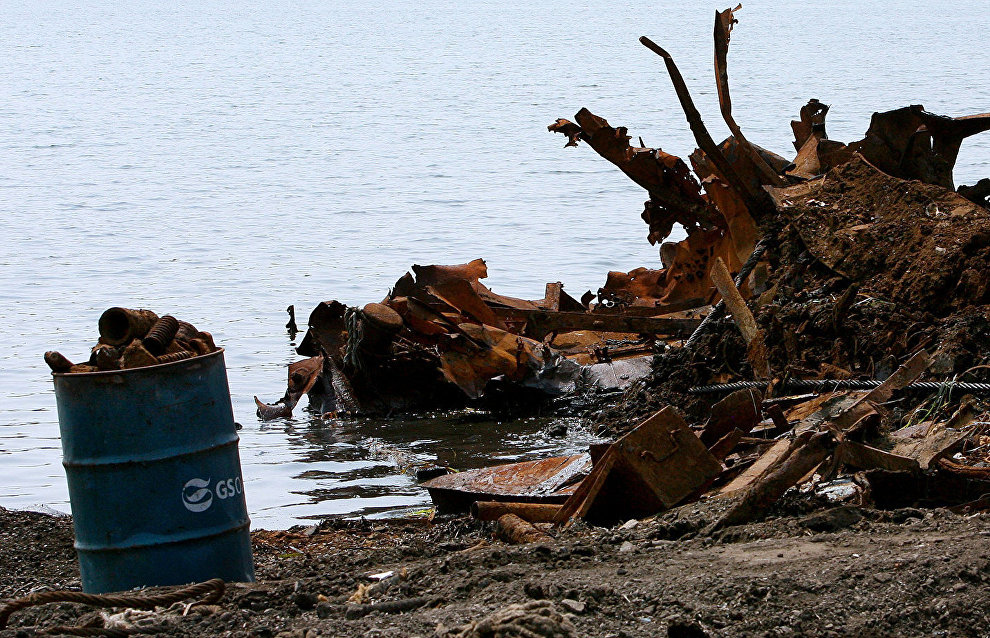New Russian Arctic zone resident to collect scrap metal in northern Yakutia
A company, due to collect and remove unclaimed ferrous scrap metal in northern Yakutia, has obtained resident status in the Russian Arctic zone.
First of all, its specialists will remove scrap metal remaining there after the shutdown of old industrial enterprises, namely, factory buildings, mechanical workshops, vehicle pools, power stations, mining equipment and the hulks of river-going and sea-going vessels.
“Our leading company has signed an agreement with the Ministry of Environment, Nature Management and Forestry of the Republic of Sakha (Yakutia). We have also signed agreements with the administrations of the Ust-Yansky and Bulunsky districts where Resurs-ChM will launch operations, and where it will test specific mechanisms for collecting, accumulating and transporting scrap metal. River-going and sea-going vessels will remove metal for subsequent processing,” said Resurs-ChM General Director Konstantin Tkachenko.
It became possible to implement the project only after the company obtained resident status in the Russian Arctic zone, he noted. Without the support of this economic regime, the company would be unable to streamline considerable financial expenditure linked with difficult regional logistics.
The enterprise will start operating later this year. All the required authorizing documents, including licenses for the collection of fourth-category and fifth-category hazardous waste have already been received. Experts have also surveyed land-plot boundaries and leased land plots with over three million metric tons of ferrous and non-ferrous scrap metal. There are plans to employ about 100 people after the enterprise attains design capacity.
According to Galina Vasilyeva, head of an environmental education program and an assistant professor with the Institute of Natural Sciences at the Ammosov Northeastern Federal University, the Arctic contains mineral deposits and has a very fragile environment which cannot be easily restored.
“Millions of metric tons of scrap metal, abandoned by industrial enterprises in the polar region, have impacted the regional environment. The Resurs-CHM company’s project to collect and remove them gives us hope that long-standing problems will be resolved,” Vasilyeva added.
Sixty-four companies have resident status in the Russian Arctic zone, total investment volumes under specific agreements exceed 185.8 billion rubles, and 5,238 jobs have been created, according to the Ministry for the Development of Russia’s Far East and Arctic. Eleven more applications to obtain resident status are currently under consideration and awaiting signature. They would involve investment worth 10.4 billion rubles, and create more than 350 jobs. It is possible to apply for the Russian Arctic zone’s resident status on the Arctic Russia website.
